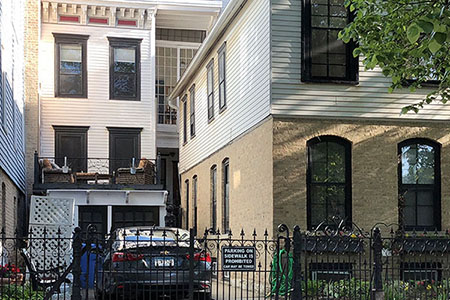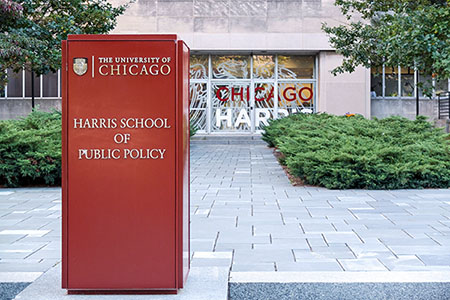Nov. 13, 2014 – There is “simply no good reason” to apply court decisions against Restaurant.com in a way that exposes it to penalties, argue attorneys for the Arlington Heights company. Both sides have now submitted briefs in the latest round of an on-again, off-again federal lawsuit. Owned by two River North residents, Restaurant.com has been defending itself since 2010 against the class action suit, filed by two people in New Jersey who bought gift certificates from the company’s website. Larissa Shelton and Gregory Bohus are suing RDC on behalf of themselves and others over certificates that had expiration dates and a disclaimer in violation of New Jersey law. That is no longer in dispute, after being argued before the New Jersey Supreme Court. What a United States Court of Appeals will now decide is whether a “new rule of law” was created, meaning RDC is ok as long as its certificates continue to be in compliance, or if the rulings can be applied retroactively, in which case RDC could have to pay a penalty of $100 each for certificates sold in the past – penalties that could total an estimated $1 million. The $100 penalty is specified by New Jersey’s “Truth in Consumer Contract, Warranty and Notice Act.” The statute permits a consumer to sue a business for that amount if he or she is given a contract in violation of any other law. At one time, Restaurant.com gift certificates expired in one year. The New Jersey Gift Certificate Act, however, prohibits expiration periods of less than two years. If the appeal is successful and if a district court certifies the case as a class action, RDC could end up owing $100 to every person who purchased a gift certificate – with a one-year expiration period – to a restaurant in New Jersey.
Besides being a new rule of law, McDonald says applying the rulings retroactively would “produce substantial inequitable results.”
New Jersey Supreme Court should clarify ruling, says plaintiff attorney If anyone has any doubt about whether the rulings should be applied retroactively, says an attorney for Shelton and Bohus, they should take it up with the New Jersey Supreme Court. Otherwise, says Henry Wolfe in a brief filed on November 12, New Jersey case law is clear about when court decisions should be applied retroactively or to future cases only. To escape a retroactive application, says Wolfe, Restaurant.com would have to show it relied on a conflicting principle of law. That is, RDC would have to prove that when it was drafting the gift certificates, it relied on an incorrect interpretation of New Jersey’s truth-in-consumer-contract law. Wolfe says RDC has not even claimed this, let alone proven it. He says a claim by RDC that rulings of the New Jersey Supreme Court and U.S. Court of Appeals apply only to future cases is “remarkable” and the first time the argument has been made in New Jersey.
|








 Previous story:
Previous story: 








